Vancouver housing is expensive and always has been!
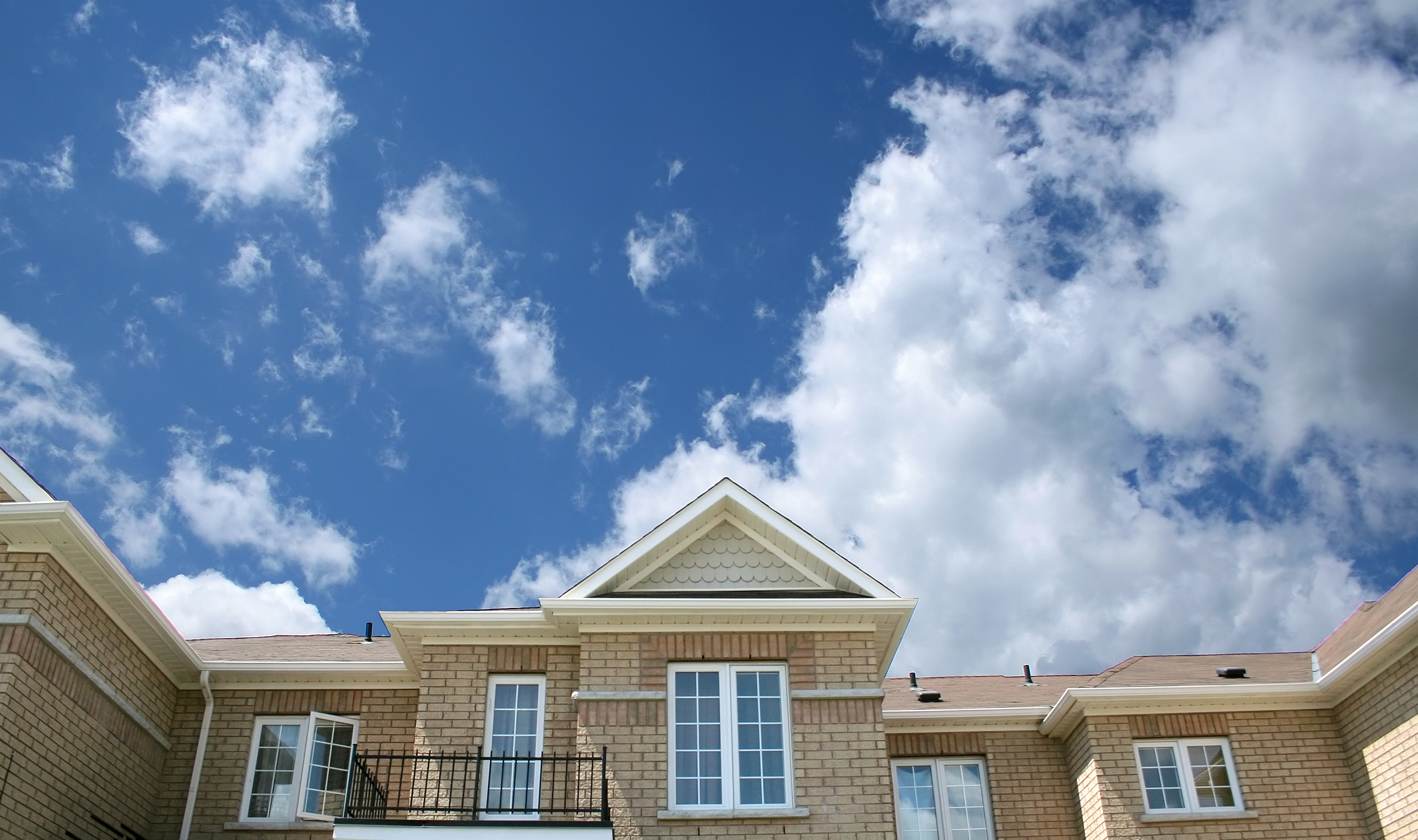
I loved this article and had to share it! It's from the BC Business website. Original link below!
Vancouver has a long history of pricey housing, especially since the Second World War, and an equally long history of speculation about causes and potential solutions. In 1949, the Vancouver Housing Association noted, “There is a widespread illusion that with the rise in incomes, home ownership is possible for almost everybody. The facts are that owing to a still greater rise in building costs, fewer people can afford to build now than before the war.”
By the 1960s, the chairman of the Vancouver housing committee was recommending smaller lots or row housing to address affordability, while the Greater Vancouver Real Estate Board touted infill housing in 1976 to ease the high cost of single family homes. Just a year earlier, the United Way of Greater Vancouver was blaming municipal red tape for the skyrocketing cost of housing.
The Canadian Real Estate Association first started tracking housing market statistics in 1980, and since that time Vancouver real estate has been the priciest in the country—apart from a period in the late ’80s when Toronto briefly pulled ahead (see graph below). Ever since, however, Vancouver has been in a league of its own—with prices spiralling upward to increasingly dizzying heights. This year appeared to follow that trend—at least until the province muddied the waters with a foreign buyer’s tax in June 2016. Whatever that tax’s impact, there’s little doubt that talk about “our crazy market” will continue for many years to come.
What people have been saying throughout the decades...
THE '80s
“People should not think single family home ownership is a right and ... a young couple should not expect their first home to be like the one their parents had.” –Vancouver Sun, April 2, 1981
“Real estate is expensive because land is scarce around the city and because ‘Vancouver is the California of Canada,’ says Carl Nielsen, president of Block Brothers Realty Ltd.” –The Gazette, June 12, 1985
“Real estate analysts attribute the current housing boom to B.C.’s strong economy and to growing interest from offshore buyers.” –Vancouver Sun, January 5, 1989
THE '90s
“Vancouver has the highest cost of housing in Canada, after three years of rapid increases that pushed the price in several working-class neighbourhoods beyond the reach of many new home buyers.” –Globe and Mail, August 12, 1993
“Colossal increases in the price of average-sized lots have made many new houses unaffordable for average homeowners.” –Vancouver Sun, May 4, 1996
“Vancouver continued to be the most expensive city in Canada for house buyers last year despite steep price declines.” –Globe and Mail, January 5, 1999
THE 2000s
“The cost of housing in Vancouver, already the highest in Canada, is predicted to climb still higher, an RBC report says today.... Not only is the city’s housing the least affordable of any major Canadian city, it’s the least affordable it has been in more than five years.” –Vancouver Sun, November 18, 2004
“The buzz leading up to the 2010 Winter Olympics will continue to drive up housing prices in Vancouver next year, Royal LePage said yesterday in a new market survey.” –The Province, December 18, 2007
THE 2010s
“[I]n Vancouver, the country’s priciest market, as in other ‘globalized’ markets like Sydney and Hong Kong, Asian wealth is coming in as investors diversify and look for hard assets, fuelling valuations that in some cases are ‘extreme.’” –Globe and Mail, June 16, 2011
“Soaring housing prices have squeezed out a generation of young buyers from ever owning a place with a front lawn and backyard.” –Globe and Mail, June 3, 2015
Original & Full Article from BC Business link : HERE





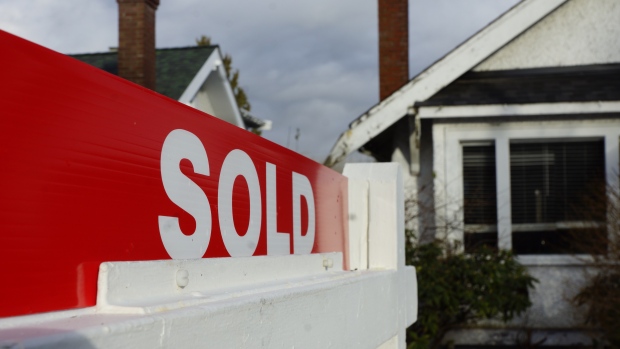
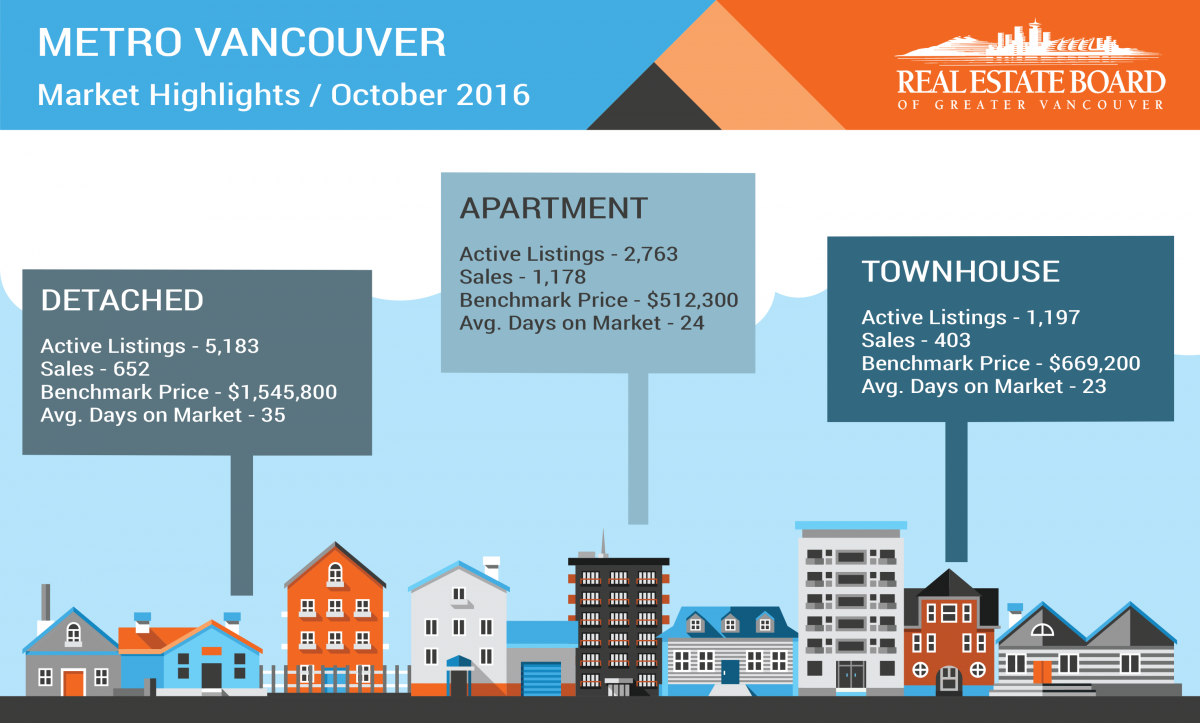







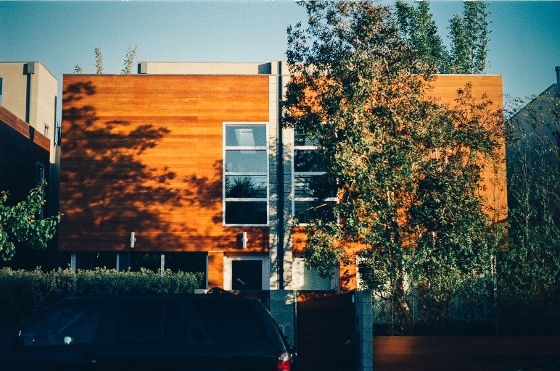



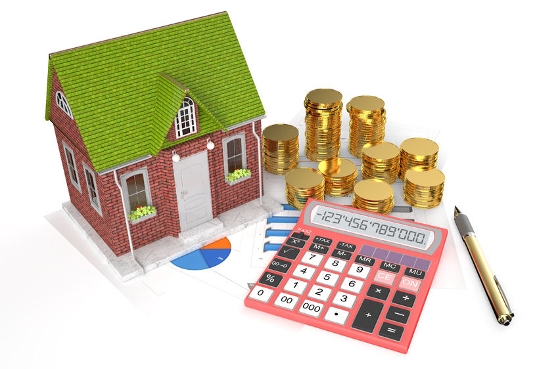
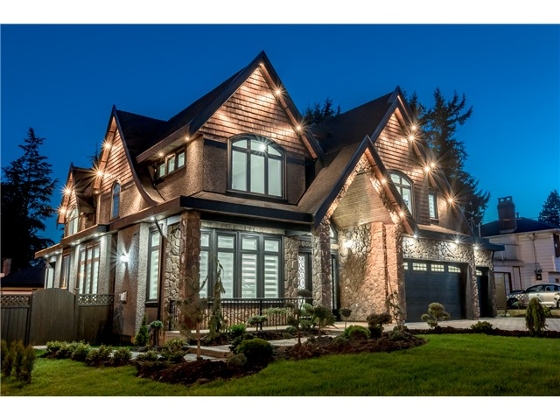
 Subscribe with RSS Reader
Subscribe with RSS Reader
